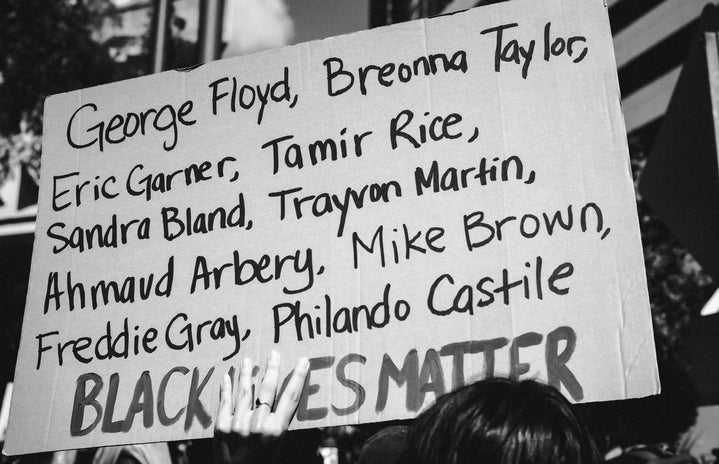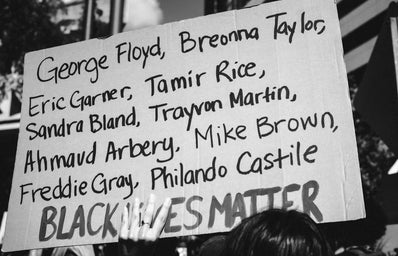In response to the recent murders of Breonna Taylor, Ahmed Aubery, and George Floyd, there
have been protests all across the country and across the world against police brutality and the
systematic racism that exists within the institutions of our nation. When it comes to these, police
brutality and racism towards Black people in this country have existed long before these
murders. Today, we see people of all races, backgrounds, and religions coming together to voice
their support for the Black Lives Matter movement. And don’t get me wrong, donating, signing
petitions, protesting, and raising awareness over social media are all effective ways to act.
However, action also needs to take place within our own homes. We have to practice what we
preach.
Something particularly sinister about systematic racism resides within the South Asian
community that I grew up in, even as those within it advocate for an end to it.
For as long as I can remember as a child, people with lighter skin complexions were praised for
their “beauty” which closely mimicked Eastern beauty ideals. A whole industry exists within
South Asia for skin lightening treatments. Even worse and more horrifying is the claim that by
being a person of color and a minority, we cannot possibly be racist or contribute to systemic
racism and its institutions. These can easily be, and often are, the same people that do not
question or attempt to dismantle the racist practices within their own culture. This is one factor
that contributes to systemic racism. It takes more than just identifying as a person of color to
support the Black Lives Matter movement, or as a counterpoint, to claim that you do not
participate in systematic racism. To see so many members of the South Asian community remain
silent during all that is going on because they believe they don’t need to speak– either because
they allege to also face the same levels of racism that Black people face, or because they “can’t
be racist”– is disappointing.
We need to start questioning if all the actions within our cultures reinforce racism. It takes
changing our perspective and holding other people of color accountable around us. It also takes
starting conversations within our homes about colorism, microaggressions, and racism.
Oftentimes, these aspects of our culture are addressed, and therefore continue to be sustained and
enabled. I ask that those not just within the South Asian community but also those part of the
East Asian, Arab, and Hispanic communities, to challenge the existing racism and discrimination
that exists within our cultures.
Being a minority in this country is an experience that no one else will ever understand. I will
never be able to 100% relate to the racism and discrimination that someone who is Hispanic,
East Asian, or Arab will experience. And none of these compare to that of being Black. I
recognize that the racism and discrimination that all minorities experience does exist, but it is it
always the same experience? Absolutely not. Everyone needs to use their privilege to take a step
towards fighting the racism within our cultures and communities by holding those who practice
and enable it accountable for their actions. It’s a conversation that needs to happen.


